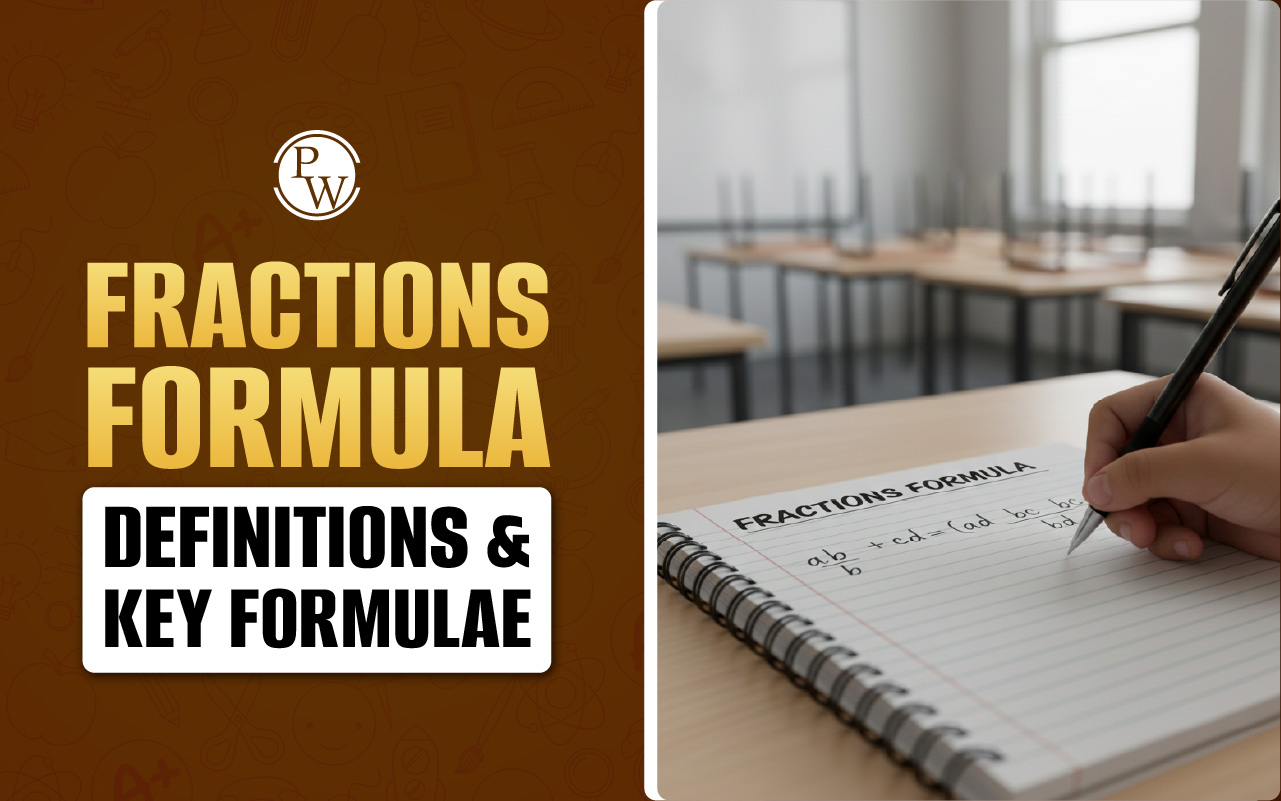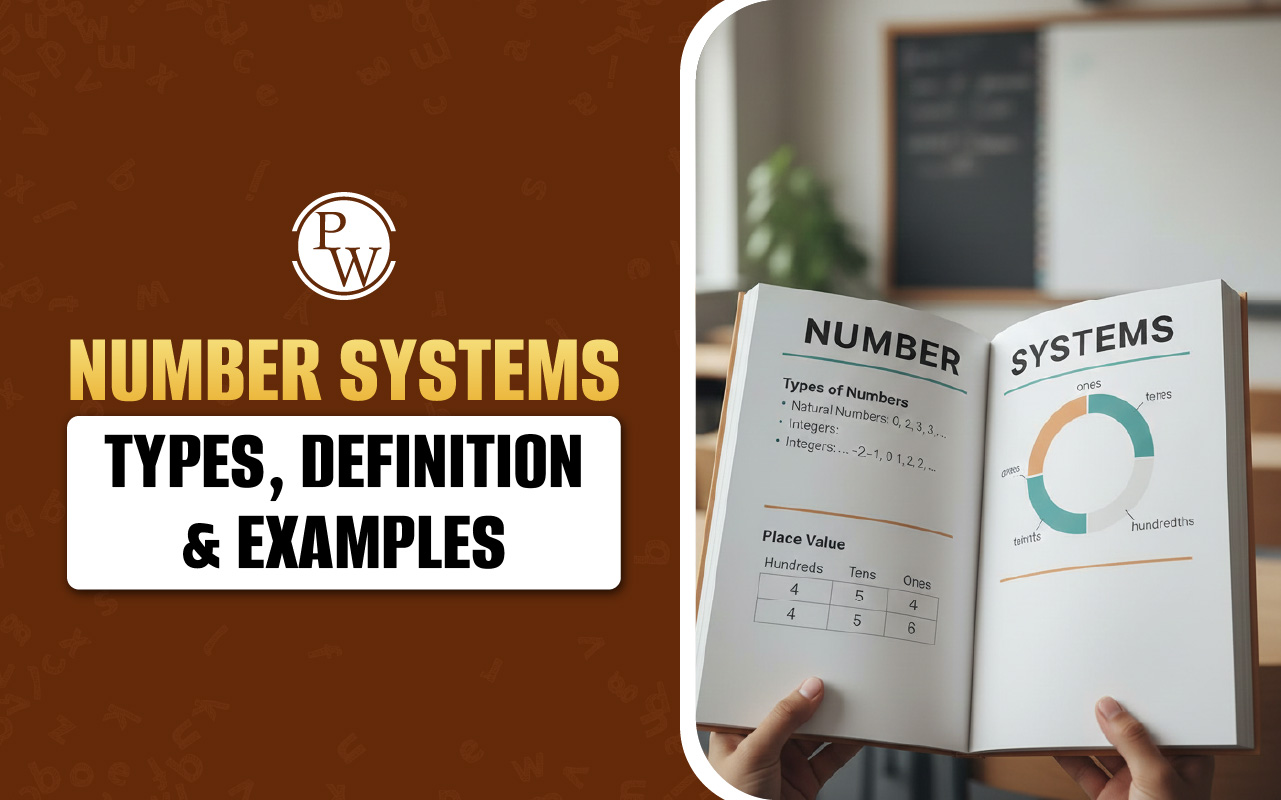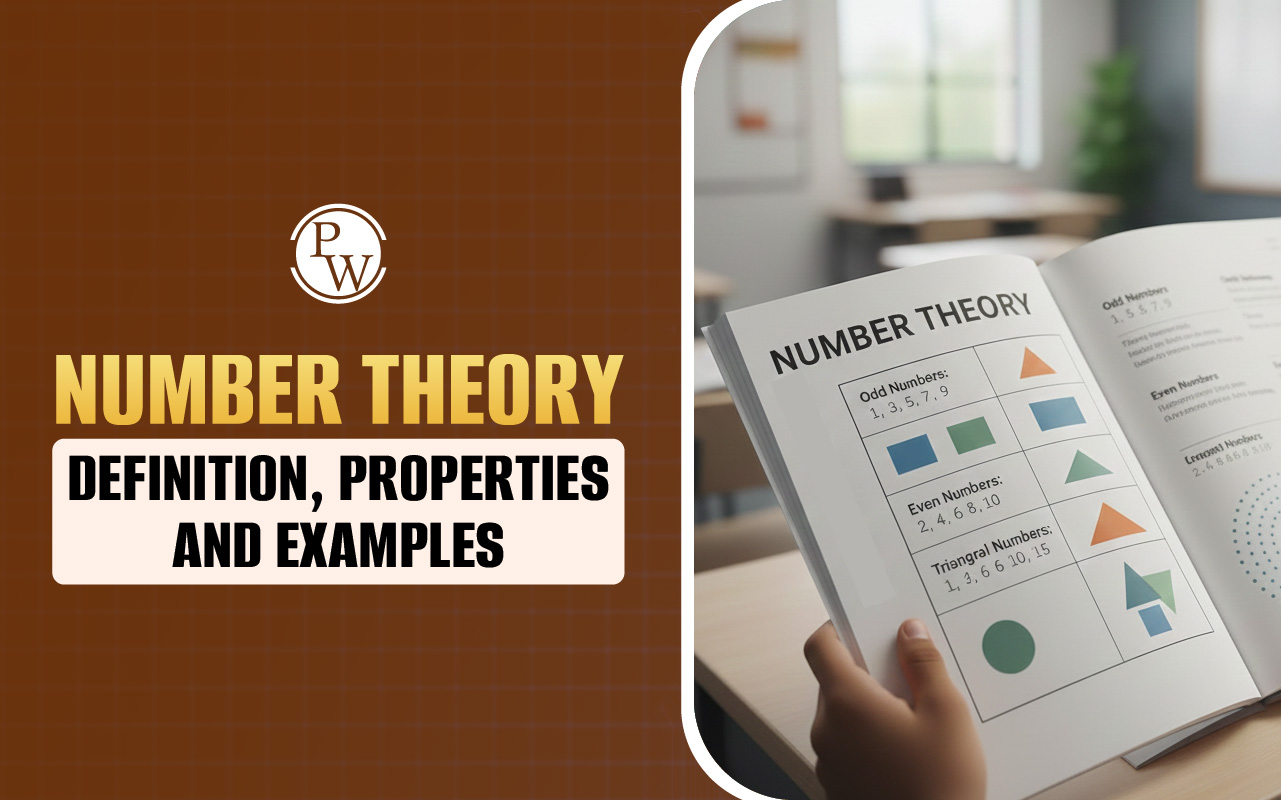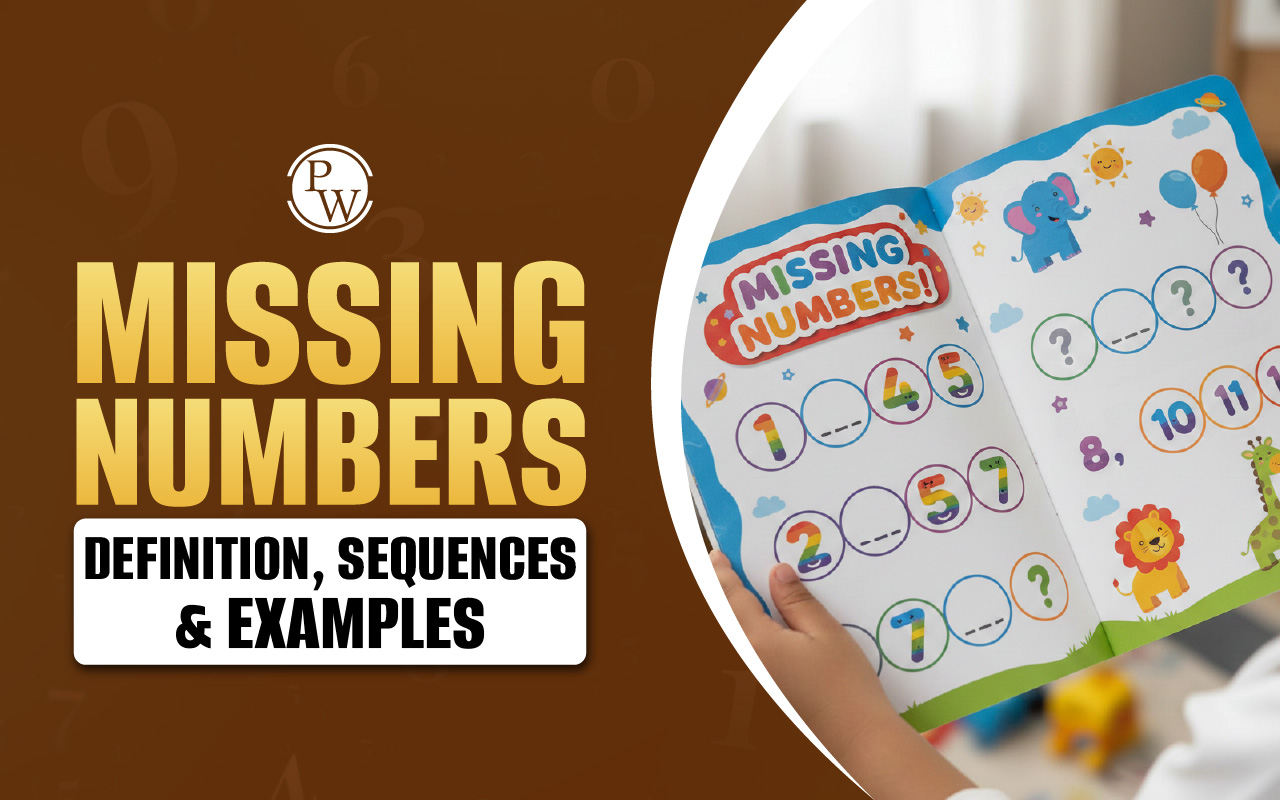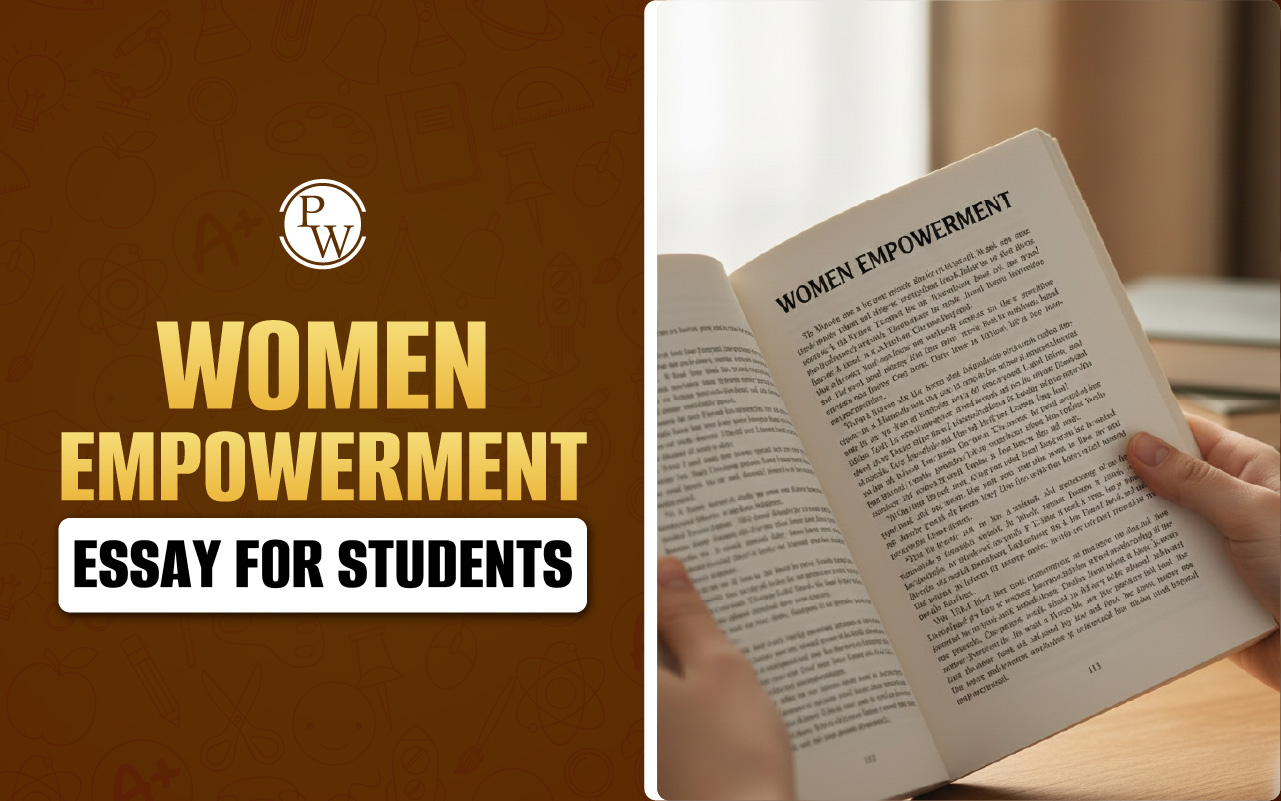
Punctuation: Writing helps us share ideas, explain our thoughts, and tell stories. But when writing has no punctuation, it becomes confusing. Without full stops, commas, or question marks, it’s difficult to tell where one idea ends and another begins.
Punctuation helps us understand what we read. It separates parts of a sentence, shows when something is a question or a statement, and helps the reader follow the message. Here, we will look at the different punctuation marks used in English and how each one works in a sentence.
Read More: Tense Chart
What is Punctuation?
Punctuation marks are marks that we use in writing to help our sentences make sense. They show us where a sentence begins and ends, when we should pause, or when someone is asking a question or showing feelings.
These marks include the period, comma, question mark, exclamation mark, quotation marks, colon, semicolon, apostrophe, parentheses, and others.
For example:
-
With punctuation: The bell rang, and the students left the classroom.
-
Without punctuation: The bell rang and the students left the classroom
(This feels unfinished and difficult to follow.)
So, when we ask, “What is punctuation?”, the answer is simple: punctuation is what helps us write in a way that’s clear, easy to read, and full of meaning.
Definition of Punctuation (with Examples)
According to the Oxford Learner’s Dictionary, punctuation is the use of marks in writing that help divide sentences and phrases into meaningful parts. For example, a comma (,) separates items in a list: I packed my books, pencils, and notebook.
The Merriam-Webster Dictionary defines punctuation as the practice of using standard symbols to separate ideas and clarify meaning in written text. For instance, a period (.) shows where a sentence ends: She went home.
The Cambridge Dictionary explains punctuation as the use of symbols to organize writing and show tone, such as when asking a question.
A question mark (?) is used at the end of a question: Are you coming to class?
The Collins Dictionary adds that punctuation includes marks like commas, periods, and question marks, which divide writing into sentences and clauses so it’s easier to read. An example is the semicolon (;), which connects related ideas: He was tired; he didn’t sleep well.
Read More: Types of Sentence
Types of Punctuation Marks and Their Uses
To master punctuation, it's important to know the main punctuation marks and how they work in context. Below is a brief overview to each one, with punctuation examples for better understanding.
|
Types of Punctuation Marks and Their Uses |
||
|
Punctuations |
Use |
Example |
|
Period (.) |
Ends a sentence |
She studies every evening. |
|
Comma (,) |
Separates words or ideas |
I packed my books, lunch, and water bottle. |
|
Question Mark (?) |
Ends a question |
Did you finish your homework? |
|
Exclamation Mark (!) |
Shows strong feeling |
Watch out! |
|
Semicolon (;) |
Connects related sentences |
The sky darkened; a storm was coming. |
|
Colon (:) |
Introduces a list of ideas |
She had one goal: to win |
|
Quotation Marks (" ") |
Shows someone’s exact word |
He said, “Let’s go now. |
|
Apostrophe (’) |
Shows ownership or short form |
Riya’s bag is on the table. / It’s raining outside. |
|
Parentheses ( ) |
Adds extra information |
My dog (a Labrador) is friendly. |
|
Dash (—) |
Adds a break or extra though |
She smiled — but said nothing. |
|
Hyphen (-) |
Joins words |
A well-known writer |
Why is Punctuation Important in Sentences?
You might ask, why does punctuation matter so much in writing tasks like essays, stories, or even simple messages? The answer is that punctuation helps readers follow your meaning. Without it, even a well-written sentence can be misunderstood.
Consider this example:
I asked my teacher if I could go home she said I had to wait.
Now read the same sentence with punctuation:
I asked my teacher if I could go home. She said I had to wait.
In the first version, the sentence runs together and is hard to follow. In the second version, the meaning is clear because punctuation marks divide the ideas properly.
Read More: Synonyms
Common Punctuation Mistakes Students Should Avoid
Below are some of the most common punctuation mistakes students make, along with simple explanations and examples to help you avoid them.
Comma Splice: A comma splice happens when two complete sentences are joined with only a comma. This is a mistake because a comma does not create a full stop between two separate thoughts.
Incorrect:
I finished my homework, I watched a movie.
What’s wrong?
These are two complete sentences. They cannot be joined with just a comma. Here are a few correct ways to fix this:
-
I finished my homework. I watched a movie.
-
I finished my homework, and I watched a movie
-
I finished my homework; then I watched a movie.
Each of these versions is clear and correct.
Misusing Apostrophes: Apostrophes are used to show that something belongs to someone or to make contractions. Many students confuse words like its and it’s, which look similar but mean different things.
Incorrect:
The bird flapped it’s wings.
Correct:
The bird flapped its wings.
Why?
-
It’s is a contraction that means it is or it has.
-
Its is a possessive word that shows something belongs to "it".
Forgetting End Punctuation: Every complete sentence must end with a punctuation mark. Without one, the sentence feels unfinished and the reader may be confused.
Incorrect:
What are you doing
Correct:
What are you doing?
More examples:
We walked home.
That was amazing!
Check each sentence when you finish writing. Make sure you end it with a period, a question mark, or an exclamation mark, depending on what you are trying to say.
To avoid punctuation mistakes, read your sentences out loud. If something sounds unclear, check if a punctuation mark is missing or in the wrong place. Look for commas, apostrophes, and sentence endings. With practice and attention, your writing will become more polished and easier to understand.
Practice Questions on Punctuation
Test your understanding of punctuation with these questions. Each one will help you check how well you know the rules and how to use punctuation correctly in sentences.
-
Choose the correctly punctuated sentence.
A. My brother who is very tall plays basketball.
B. My brother, who is very tall plays basketball.
C. My brother, who is very tall, plays basketball.
D. My brother who is very tall, plays basketball.
Answer: C
2. If you are hungry you should eat something.
Corrected sentence: If you are hungry, you should eat something.
-
Which sentence ends with the correct punctuation?
A. Where did you go
B. Where did you go.
C. Where did you go!
D. Where did you go?
Answer: D
-
Add the correct punctuation mark.
Wow That was amazing
Corrected sentence: Wow! That was amazing!
Also Read: Sentence Structure
Boost Your Child's English Skills with CuriousJr
Does your child find it difficult to understand English texts or feel shy while reading in class? Many children face similar challenges with reading, writing, speaking, and using correct grammar.
CuriousJr’s English Online Classes, based on global standards such as the Cambridge English Scale and CEFR, are designed to support children in building essential English skills step by step.
What the CuriousJr English Program Offers?
-
Improves reading comprehension with regular practice
-
Helps children grow their vocabulary and grammar through enjoyable activities
-
Builds writing ability through simple, clear instruction
-
Develops speaking and pronunciation skills in a friendly environment
-
Encourages active participation through live online classes
This program covers all the key areas of English: reading, writing, listening, speaking, and grammar. With regular practice and teacher support, your child can become more comfortable and capable in school subjects that rely on English.
Book a demo class today and give your child the support they need to grow in English.



